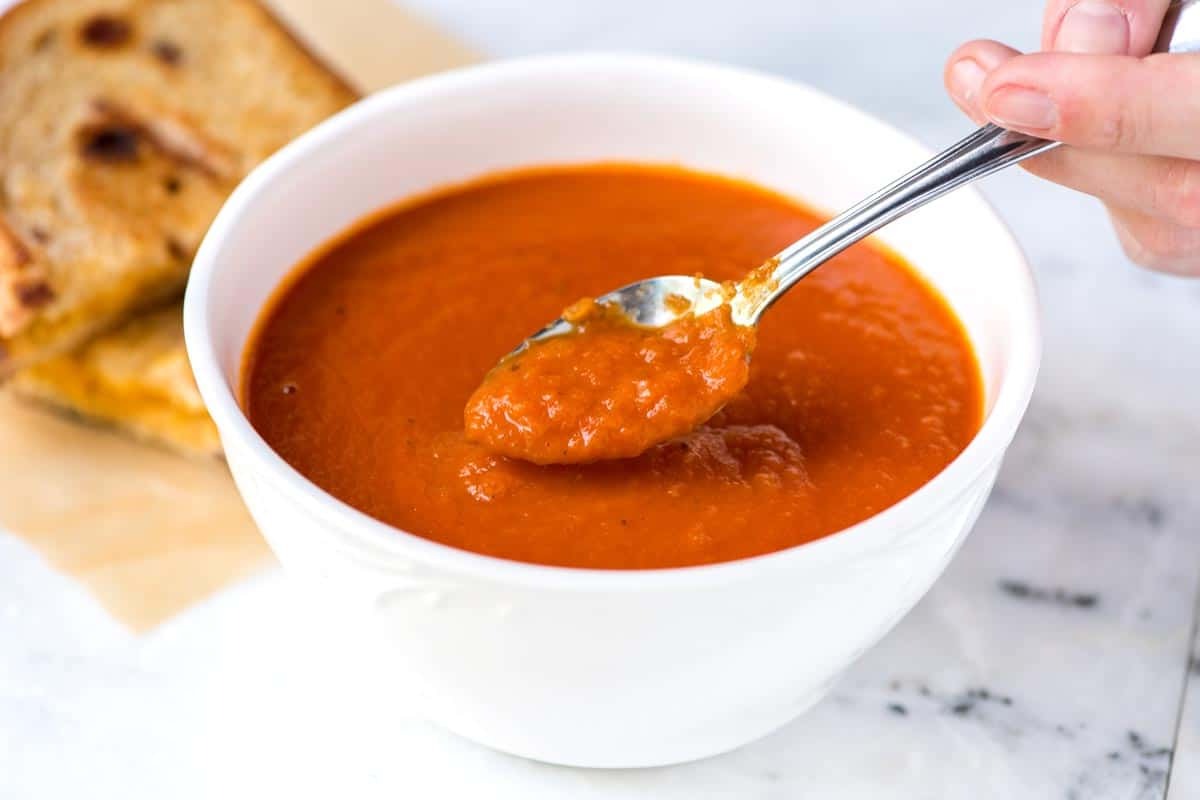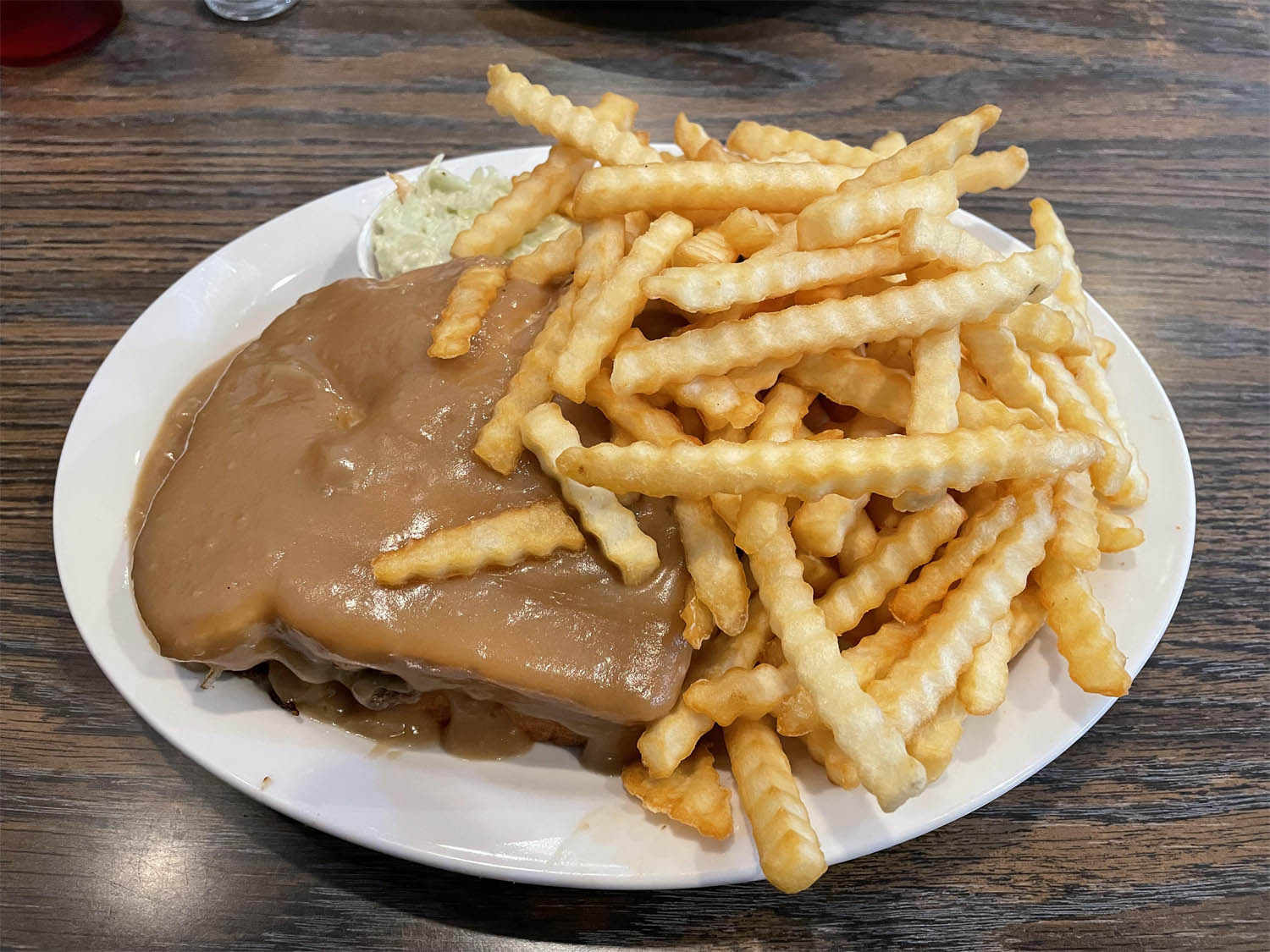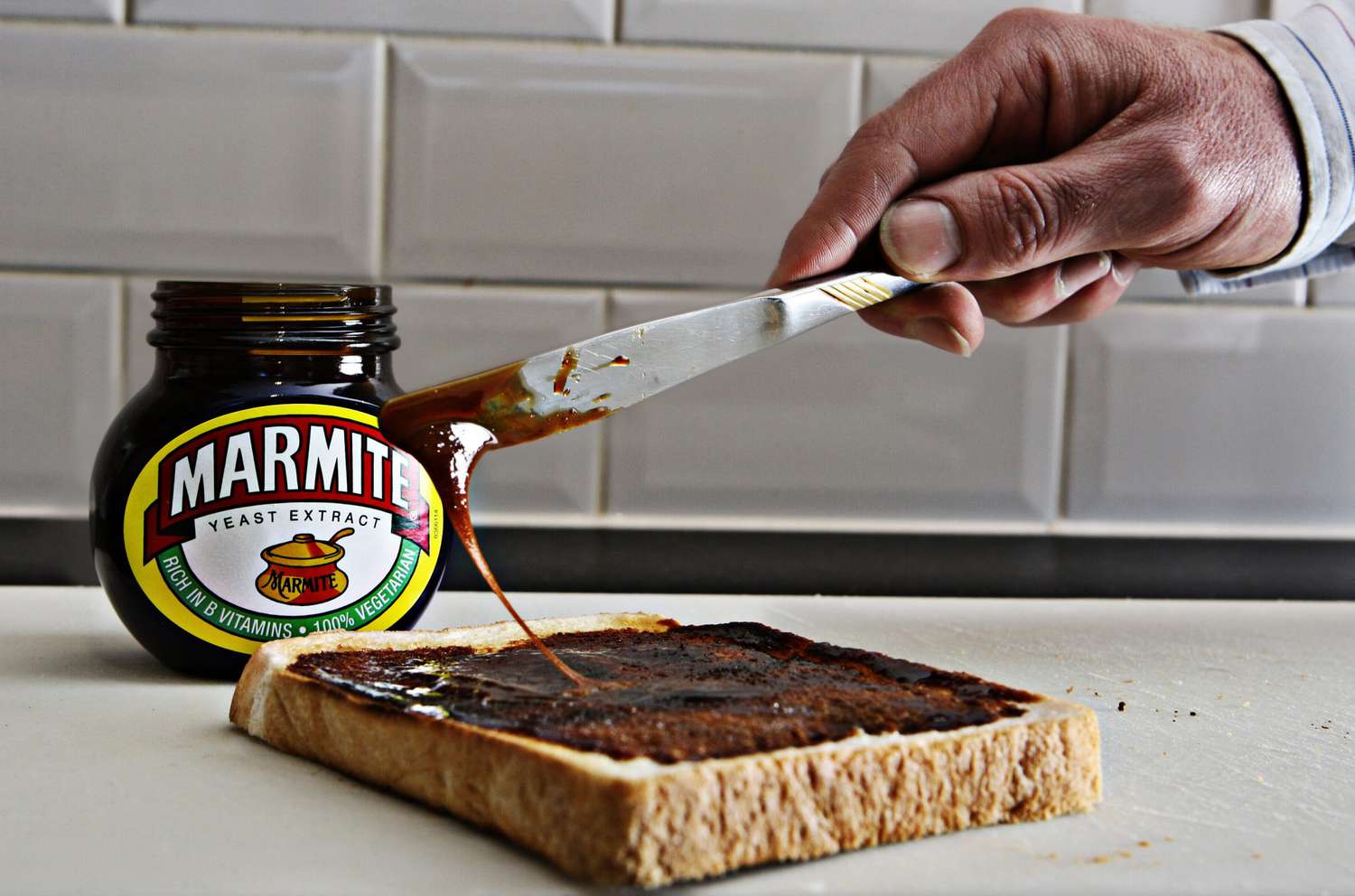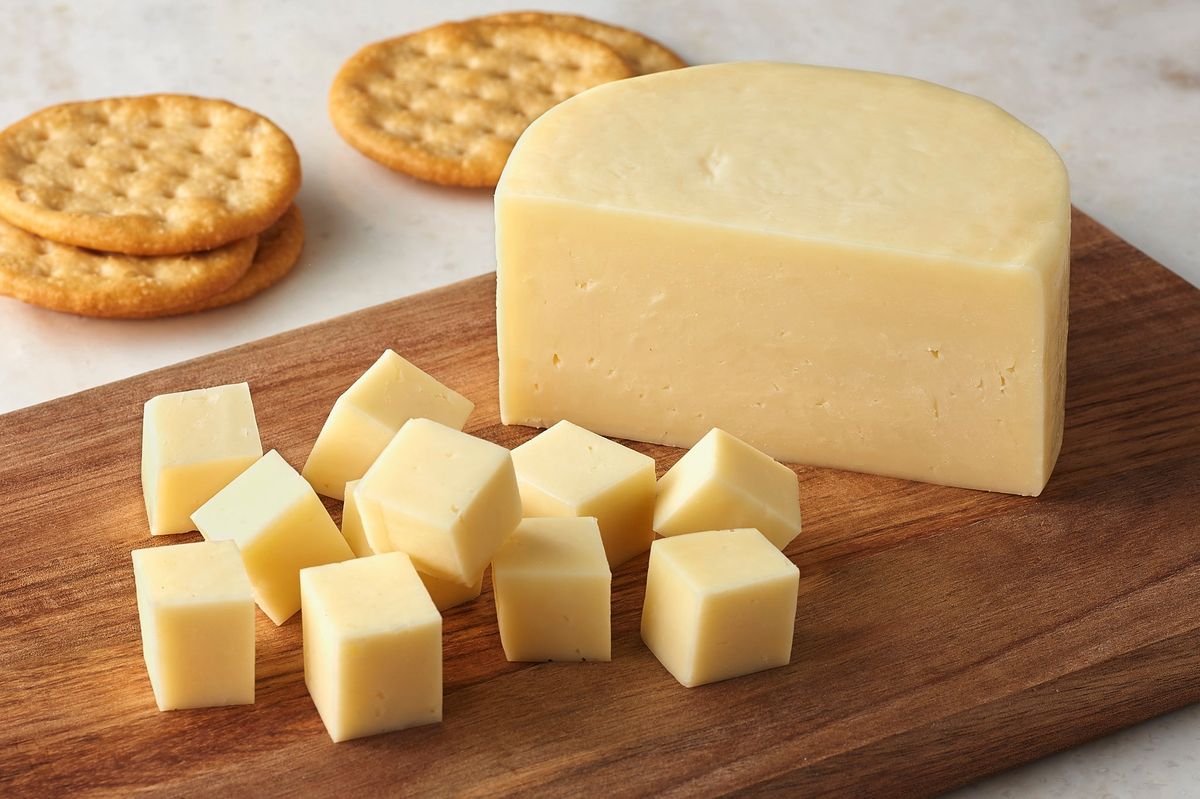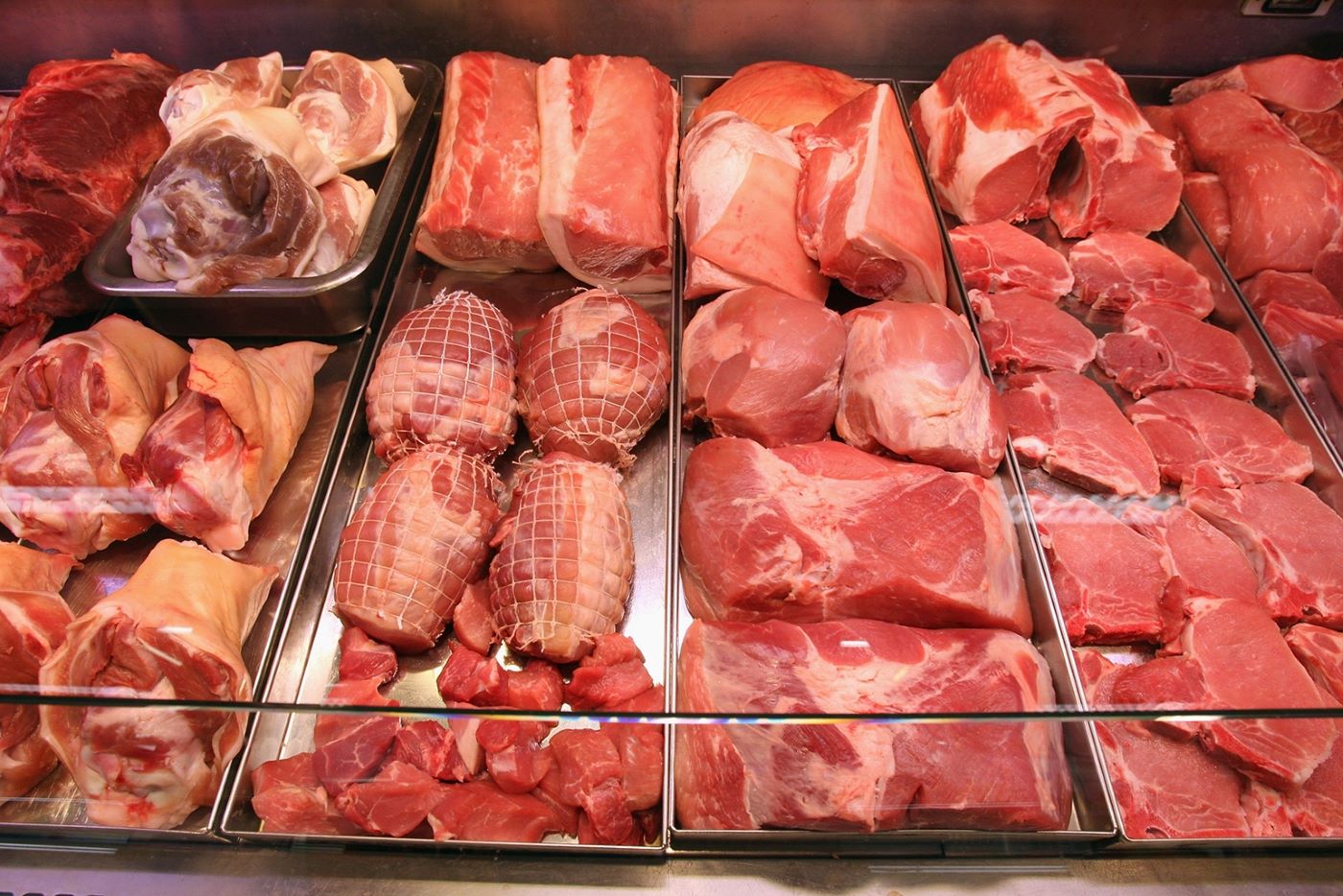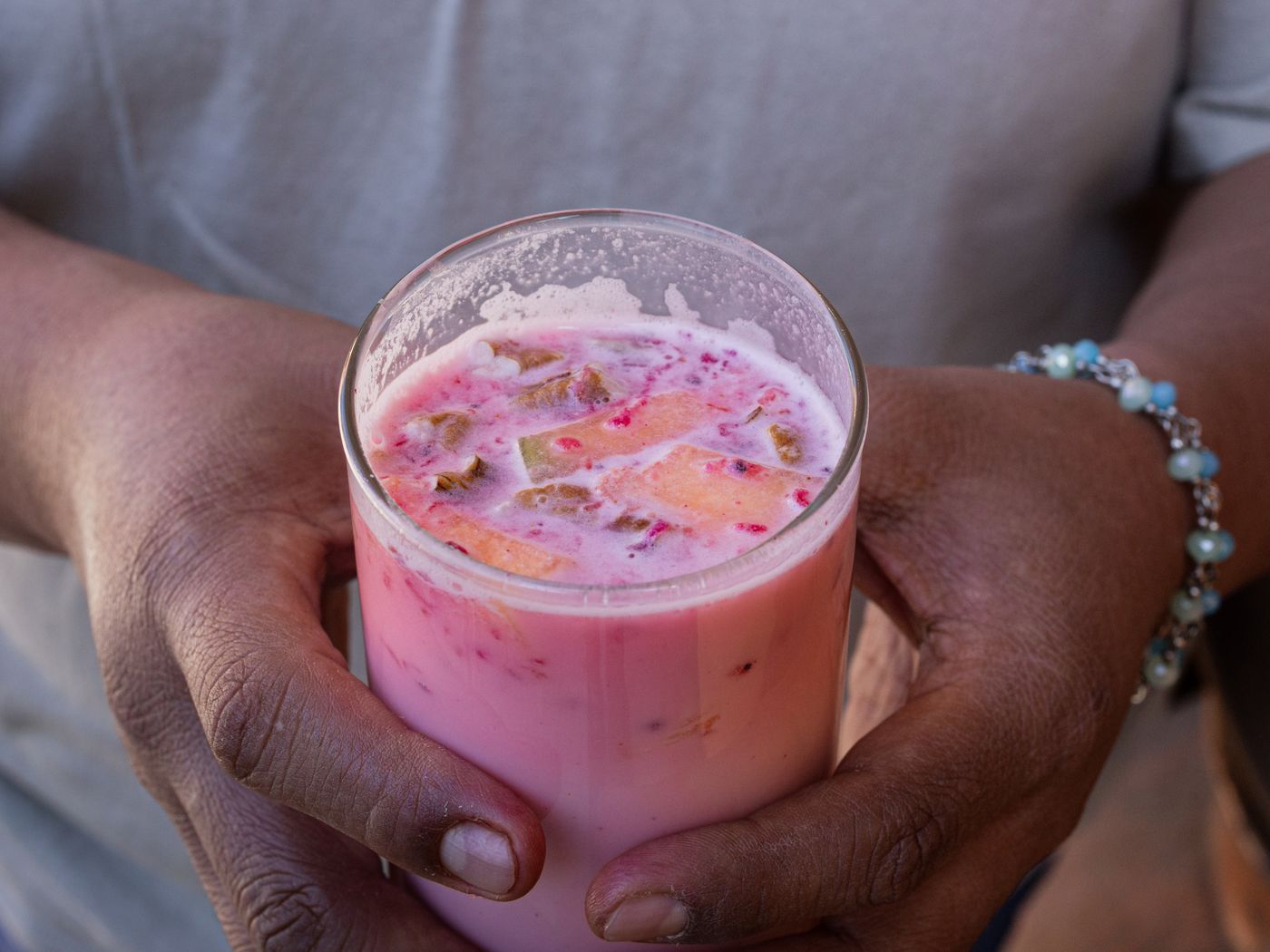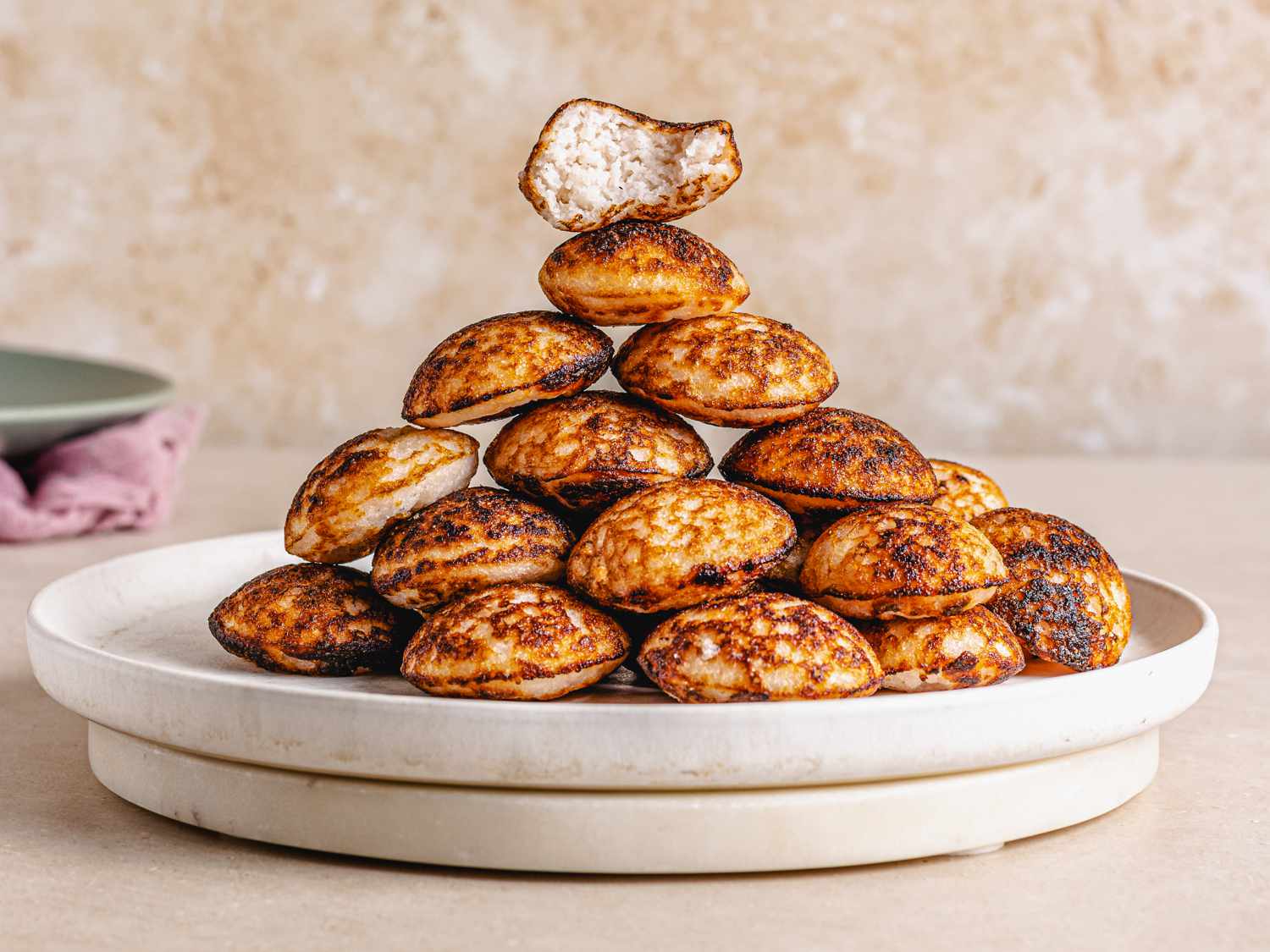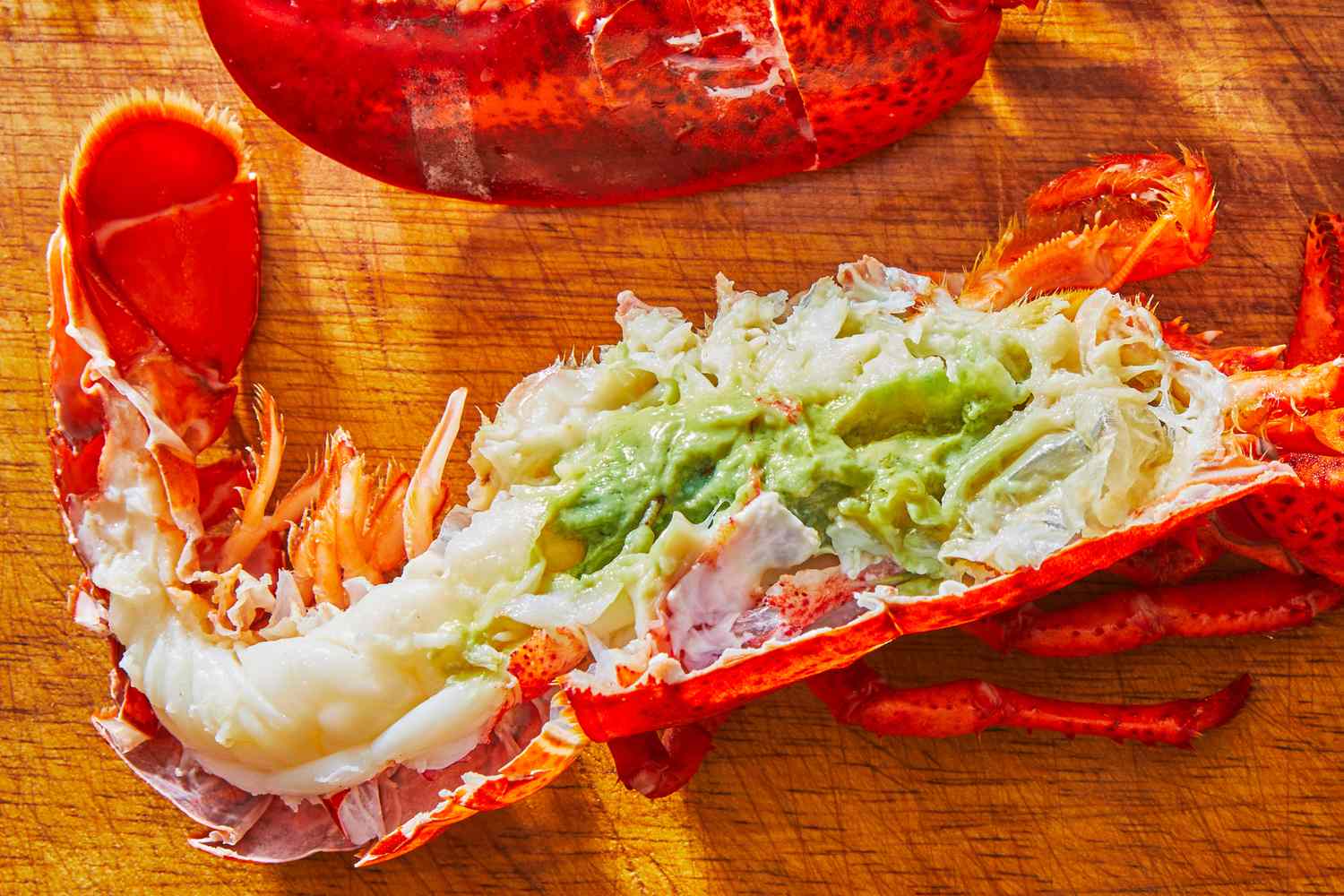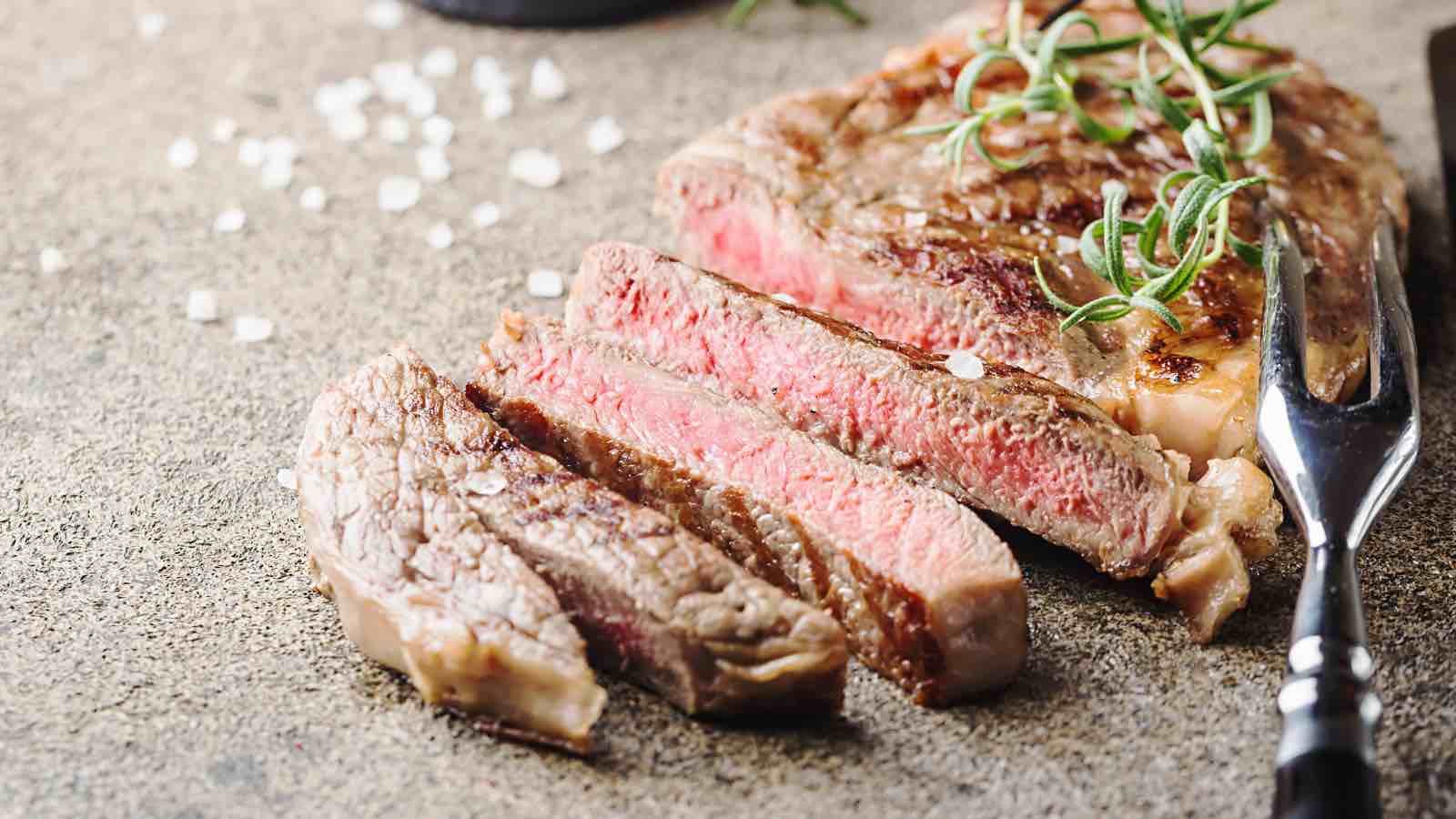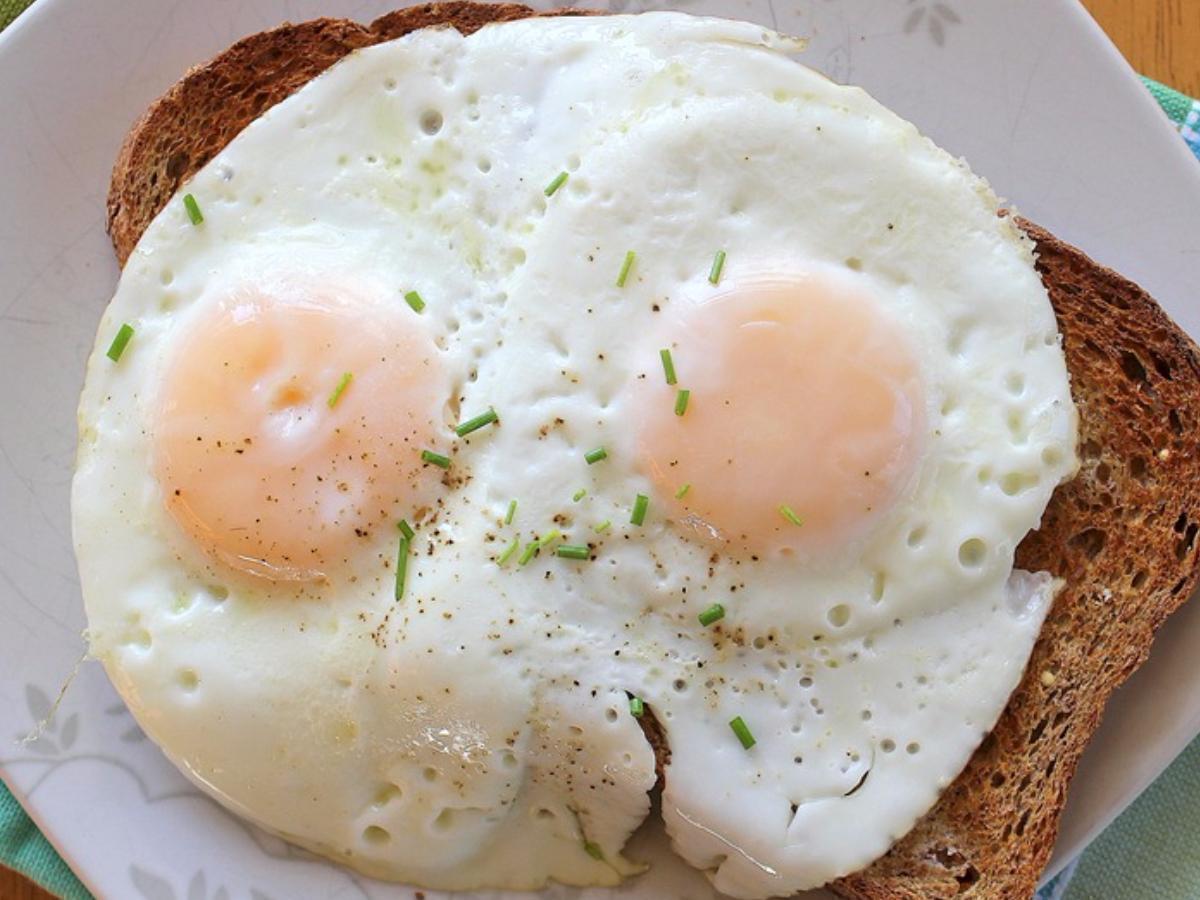The Difference Between Mayo and Mayonnaise
Mayonnaise and mayo are two popular condiments that are often used interchangeably, but they are not exactly the same. While they share similar ingredients and flavors, there are some key differences between the two.
Mayonnaise
Mayonnaise is a thick, creamy sauce that is made from oil, egg yolks, and vinegar or lemon juice. It is typically seasoned with salt, sugar, and mustard. The traditional method of making mayonnaise involves slowly whisking the oil into the egg yolks and vinegar or lemon juice until a smooth and emulsified mixture is formed.
- Ingredients: oil, egg yolks, vinegar or lemon juice, salt, sugar, mustard
- Texture: thick and creamy
- Flavor: rich and tangy
Mayo
Mayo is a shortened, informal term for mayonnaise. It refers to the same condiment but is often used in a more casual or colloquial context. While mayo is technically the same as mayonnaise, it is commonly associated with store-bought or pre-packaged versions of the condiment.
- Ingredients: same as mayonnaise
- Texture: same as mayonnaise
- Flavor: same as mayonnaise
Key Differences
The main difference between mayo and mayonnaise lies in their usage and perception. Mayonnaise is often made from scratch at home or used in higher-end culinary settings, while mayo is more commonly found in commercial products and fast-food establishments.
Additionally, the term “mayo” is often used in the context of specific types of mayonnaise-based condiments, such as “chipotle mayo” or “garlic mayo,” which may contain additional flavorings or seasonings.
Conclusion
While mayo and mayonnaise are technically the same condiment, the terms are often used in different contexts and carry different connotations. Whether you prefer to make your own mayonnaise from scratch or reach for a jar of mayo from the store, both options offer the same creamy, tangy goodness that can elevate any dish.
Next time you’re at the grocery store or whipping up a homemade sandwich spread, keep in mind the subtle yet significant differences between mayo and mayonnaise.
Was this page helpful?
Read Next: What Is Mejorana?
